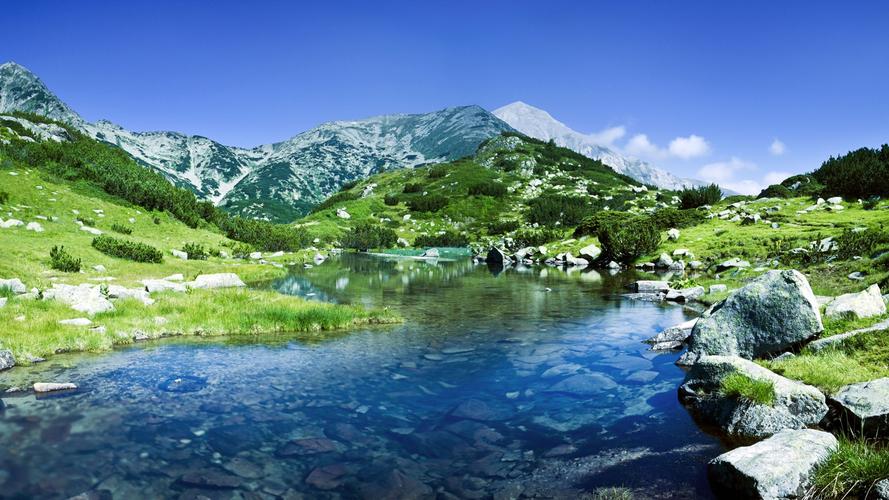The Ultimate Guide to Cold Sore Information: Causes, Symptoms, and Treatments
Do you experience a painful, blister-like sore around your mouth? If so, you may be experiencing a cold sore. Cold sores are a common infection caused by the herpes simplex virus (HSV). While many people have experienced cold sores at some point in their lives, few are aware of their causes, symptoms, and treatments. This ultimate guide will provide you with all the information you need to know about cold sores.
Causes
Cold sores are caused by the herpes simplex virus (HSV). The virus can be transmitted through skin-to-skin contact, such as kissing or oral sex, or sharing personal items such as razors, towels, or utensils. Once infected, the virus lays dormant in the body and can cause cold sores to recur throughout a person’s life. Certain factors such as stress, fatigue, sun exposure, and a weakened immune system can trigger a cold sore outbreak.
Symptoms
The first symptom of a cold sore is often a tingling or burning sensation around the mouth. This is followed by the appearance of small, fluid-filled blisters that can be painful and itchy. The blisters can break open, ooze, and form a crust before healing. Cold sores typically take 7-10 days to heal and can be accompanied by symptoms such as fever, swollen lymph nodes, and headache.
Treatments
While there is no cure for cold sores, antiviral medications can be prescribed by a healthcare provider to shorten the duration of outbreaks and reduce the severity of symptoms. Over-the-counter creams and ointments containing docosanol or benzocaine can also be used to relieve pain and itching. It is important to keep the affected area clean and dry to prevent further infection. If cold sores recur frequently or spread to other areas of the body, it is important to seek medical attention.
Prevention
Preventing cold sores requires avoiding close contact with people who have an active outbreak and avoiding sharing personal items such as razors, towels, and utensils. Using sunscreen on the lips and face can help prevent cold sore outbreaks triggered by sun exposure. Maintaining a healthy immune system through proper nutrition, exercise, and stress management can also help prevent cold sores.
Conclusion
Cold sores are a common infection caused by the herpes simplex virus (HSV). They can be triggered by stress, fatigue, sun exposure, and a weakened immune system. While there is no cure for cold sores, antiviral medications can be prescribed to shorten the duration of outbreaks and reduce symptoms. It is important to take preventative measures such as avoiding close contact with infected individuals, keeping the affected area clean and dry, and using sunscreen to prevent cold sore outbreaks.
By understanding the causes, symptoms, and treatment options for cold sores, you can take steps to manage outbreaks and prevent transmission to others. If you experience frequent or severe cold sore outbreaks, it is important to seek medical attention for proper diagnosis and treatment.
(Note: Do you have knowledge or insights to share? Unlock new opportunities and expand your reach by joining our authors team. Click Registration to join us and share your expertise with our readers.)
Speech tips:
Please note that any statements involving politics will not be approved.
